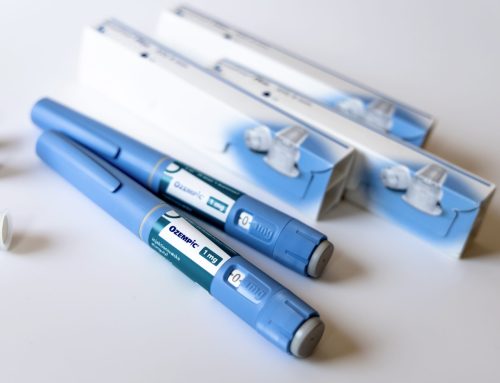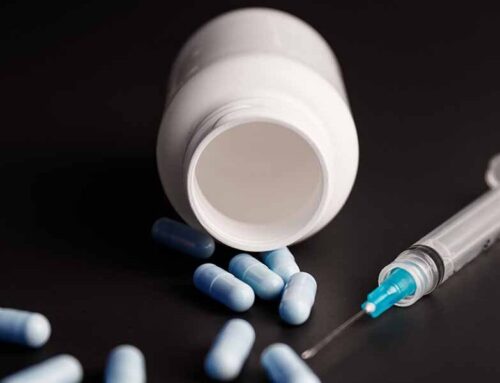
If you’ve gone through an addiction treatment program and are in your first year of sobriety, congratulations! This is a major achievement and change in your life. What should you expect during your first year sober? You might have concerns about making the transition back to everyday life after a treatment program, or you might worry about facing challenges in early recovery. Knowing what you might encounter during this time can help you prepare for this first year. If you are interested in enrolling in our alumni program, you should speak with a member of our team.
What Will You Learn During Your First Year Sober?
During your first year of sobriety, you will face several challenges. Among them are three things you need to learn to do. These new skills include:
- Recognizing triggers in your life as well as high-risk situations that could put you at risk of a relapse
- Creating a plan of action in case you do relapse
- Implementing coping strategies to mitigate the risk in any situation
During your first year sober, it’s important to focus on relapse prevention and your mental health. Participating in ongoing addiction therapy can help you maintain sobriety.
What Should You Expect During Your First Year of Sobriety?
During your first year sober, it is not unusual to have emotional ups and downs. As you stay sober over time, you may experience emotions such as:
- Happiness over maintaining your sobriety
- Frustration with triggers or others who don’t support you
- Overconfidence that may put you in triggering situations
It’s necessary to learn how to manage those emotions to make strong decisions based on your experiences and education, not emotion alone.
Will You Have Post-Acute Withdrawal Syndrome?
Some people deal with long-term symptoms of withdrawal known as post-acute withdrawal syndrome. Symptoms of this syndrome include:
- Trouble sleeping
- Mood swings
- Low energy
- Trouble concentrating
- Anxiety
- Irritability
If you have these symptoms, don’t panic. Many of them are just signs that your body has not yet fully healed. If these symptoms are negatively influencing your life because of regular psychological and physical withdrawal symptoms, then you may want to talk to the addiction treatment facility you worked with about options to cope. Some medications and treatments may be beneficial to patients dealing with this issue.
Should You Maintain a Presence In 12-Step or Sober Living Communities?
While it’s up to you to decide if you want to continue going to 12-step programs or join a community where sober living is required, it’s usually advised to do so. In the first year of your sobriety, there will be ups and downs, so it’s always a good idea to have a strong support system. Living in a community where alcohol or drugs aren’t allowed or having the support system of those at a 12-step program can help maintain sobriety, recognize signs of a potential relapse, and learn how to cope.
Having a healthy schedule and building a community of support with people who know what you’re going through makes a world of difference in recovery. Those who do this often find that their first year of recovery goes more smoothly than it does for those who do not.
Contact Georgia Addiction Treatment Center for More Information
After you complete an addiction recovery program, there is still a long journey ahead of you. During your first year of recovery, you and your loved ones may want to take time to participate in family therapy or other services that help keep you focused on your goal. At Georgia Addiction Treatment Center, we offer many helpful services that can assist you while you transition back into living your normal day-to-day life. Call today at [Direct] or reach out online to learn more.




